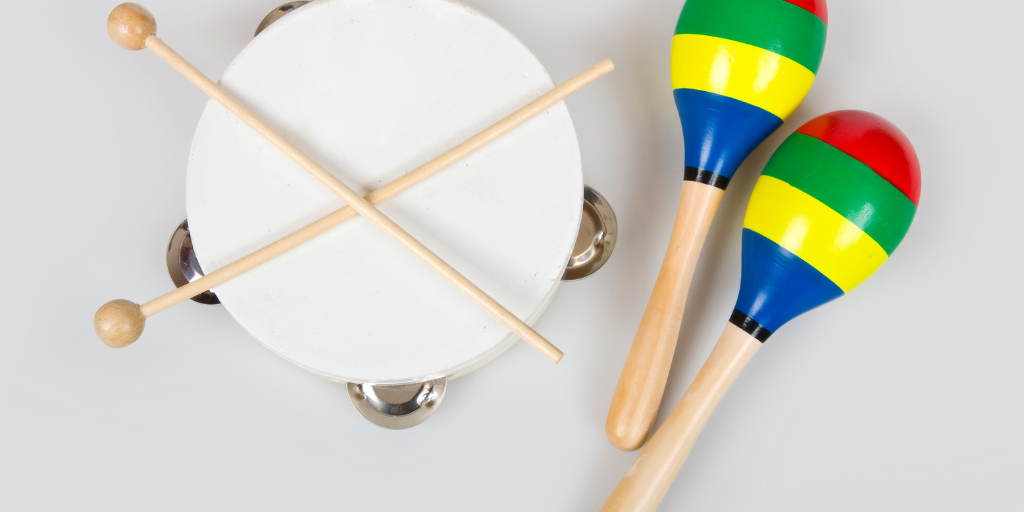Your local ELC shares six benefits of music and movement for a child’s development.
Music and movement have a profound impact on the development of young children. Beyond being fun and entertaining, these activities play a crucial role in shaping various aspects of a child’s growth, from cognitive and emotional development to social and physical skills.
At your local early learning centre, we believe in harnessing the power of music and movement to create a holistic learning experience for our children. In this blog, we will explore the numerous benefits of integrating music and movement into early childhood education.
1. Enhancing Cognitive Skills
The rhythm and melodies of music stimulate various parts of the brain, enhancing cognitive abilities in young children. Studies have shown that exposure to music can improve memory, attention, and language skills. Through engaging in musical activities like singing nursery rhymes, playing musical instruments, and listening to different genres of music, we nurture a child’s cognitive development from an early age.
2. Boosting Emotional Expression
Music is a universal language that allows children to express their emotions freely. Whether it’s clapping to the beat, swaying to the rhythm, or engaging in creative dance, music provides an outlet for children to release their feelings in a positive and constructive manner. This emotional expression fosters a healthy sense of self-awareness and emotional intelligence.
3. Developing Social Skills
Group musical activities promote teamwork, cooperation, and turn-taking, which are essential social skills in early childhood development. Our childcare centre incorporates music and movement activities that encourage children to interact with their peers, share ideas, and build relationships, creating a strong sense of community within the group.
4. Improving Gross and Fine Motor Skills
Movement-based activities such as dancing, jumping, and clapping help develop both gross and fine motor skills. As children engage in these activities, they refine their coordination, balance, and control over their body movements, setting a strong foundation for physical development.
5. Fostering Creativity and Imagination
Music and movement stimulate creativity and imagination in young minds. Through imaginative play, where children interpret music through movement, they develop their storytelling abilities and expand their cognitive flexibility.
6. Language Development
Singing songs and listening to music with repetitive lyrics can enhance language development in children. Exposure to different sounds, rhymes, and patterns in music supports the development of phonological awareness and vocabulary.
At your local early learning centre, we recognise the extraordinary power of music and movement in early childhood development. By incorporating engaging musical activities and movement-based exercises into our curriculum, we provide a nurturing environment that fosters cognitive, emotional, social, and physical growth in our children.
YOU MIGHT ALSO LIKE TO READ:
The Importance of Play to a Child’s Physical, Mental, and Social Development
We understand how important your child’s physical, mental, and social development is to you, it’s important to us as well. Your Local Early Learning Centre, explains how learning through play supports your child’s development in these key areas. – READ MORE






